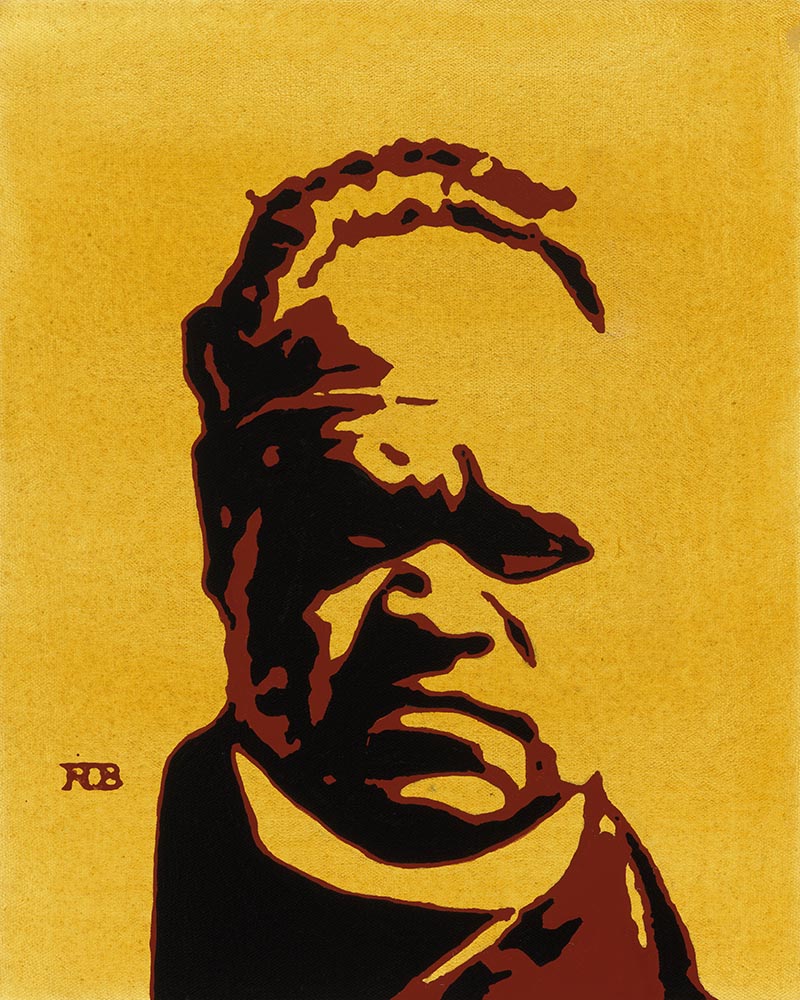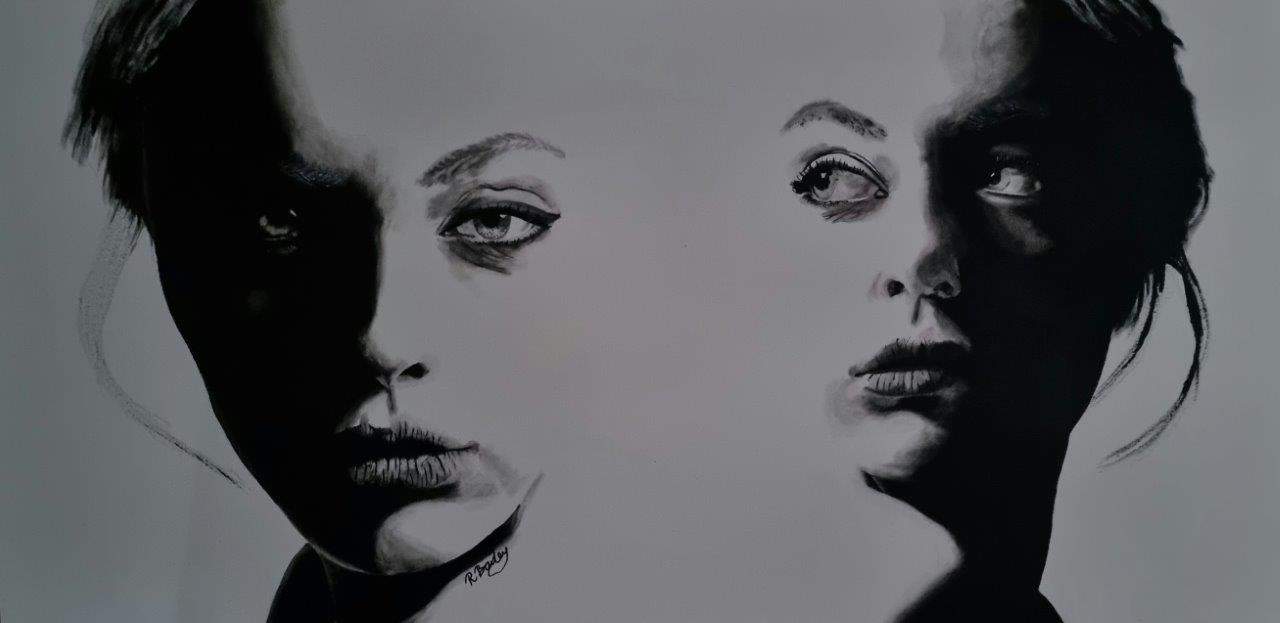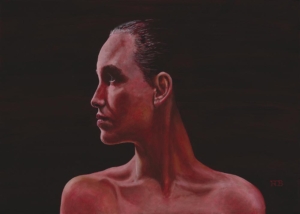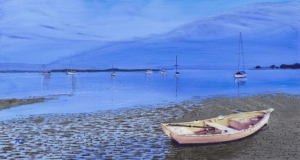“Pastor Don Brady”
$150
Acrylic on Stretched Canvas
400 mm x 500mm
Pastor Don Brady was part of the core political leadership in the Brisbane Black movement in the 1960s and 1970s. He was a legend in his own time.
Uncle Don Brady is of Kuku Yalanji descent and his tribal name is Kawanji. Donald (Don) Brady (1927-1984), Methodist pastor and Aboriginal leader, was born on 20 April 1927 at Palm Island Settlement
Originally from Palm Island (where he spent time as a professional tent boxer) he moved to Brisbane in 1962. A self-confessed former alcoholic, he was known as the “punching parson” because of his ability to handle homeless inebriates frequenting Musgrave Park in South Brisbane.
Awarded a Churchill fellowship in 1968, Brady travelled to the United States of America to study the `integration of Indigenous people’. On his return he became active in the struggle for rights for Aborigines. Joining other Aboriginal militants, including Denis Walker and Cheryl Buchanan, he helped to form the Brisbane Tribal Council (from 1970 the National Tribal Council) to help Indigenous people to establish their own identity and to preserve their culture. In February 1970 he was elected founding vice-president of the Aboriginal Publications Foundation. On 12 April he led a silent street march to mourn the loss of Aborigines who died in defence of their country, and to demonstrate against `the disruption of the Aboriginal way of life by the white invasion’. After the protesters arrived at the Leichhardt Street church Kath Walker (later known as Oodgeroo Noonuccal) addressed them outside, and Brady conducted a service inside in memory of those `thousands of our people who have died because of ignorance’. Aware that the procession had come to the attention of the police traffic and special branches, he assured the group of about sixty that this was a one-off event, and should be seen as similar to the annual Anzac Day remembrance service. He argued that the march was not intended as a demonstration of Black Power but rather as an assertion of Aboriginal rights.
In November 1971 Brady participated in a street march protesting against a bill before the Queensland parliament that extended governmental control of tribal and reserve councils. He and Denis Walker were arrested and charged with assaulting police. Using the media to highlight inequities in housing and employment opportunities, he inspired other Aboriginal people to join the battle for social justice. He encouraged young Queensland Aborigines and Torres Strait Islanders to protest at the Aboriginal `tent embassy’ set up outside Parliament House, Canberra, in January 1972
More than five hundred people gathered at Musgrave Park to mourn his passing in 1985. Praising his leadership, Rev. Charles Harris described him as “the Martin Luther King of the Aboriginal race”. His peers hailed him as a civil rights advocate who gave Aboriginal people a sense of pride and taught them to fight for their rights.
*Musician and artist, Joe Geia pays homage to “Dad” Brady in his song Kwanji.
Pastor Don Brady was part of the core political leadership in the Brisbane Black movement in the 1960s and 1970s. He was a legend in his own time.
Uncle Don Brady is of Kuku Yalanji descent and his tribal name is Kawanji.
Originally from Palm Island (where he spent time as a professional tent boxer) he moved to Brisbane in 1962.
A self-confessed former alcoholic, he was known as the “punching parson” because of his ability to handle homeless inebriates frequenting Musgrave Park in South Brisbane.
Don Brady was given a Churchill scholarship in 1968 and he visited and worked with a number of First Nations and other communities in the US. He also visited the urban ghettos of New York at the same time Malcolm X was big in Harlem.
Upon his return, he was a founding member of the Brisbane Tribal Council (which became the National Tribal Council after 1970) which was set up to help Indigenous people establish their own identity and to preserve their culture. The work and struggle of the Tribal Council paved the way for the setting up of the first Aboriginal and Islander medical, legal and housing centres.
More than five hundred people gathered at Musgrave Park to mourn his passing in 1985. Praising his leadership, Rev. Charles Harris described him as “the Martin Luther King of the Aboriginal race”. His peers hailed him as a civil rights advocate who gave Aboriginal people a sense of pride and taught them to fight for their rights.
Social

High Quality Giclee Fine Art Prints
 I am now making some of my works available in super high quality Giclee Fine Art Prints.
I am now making some of my works available in super high quality Giclee Fine Art Prints.
Contact Rod
Phone
0407 240 702







